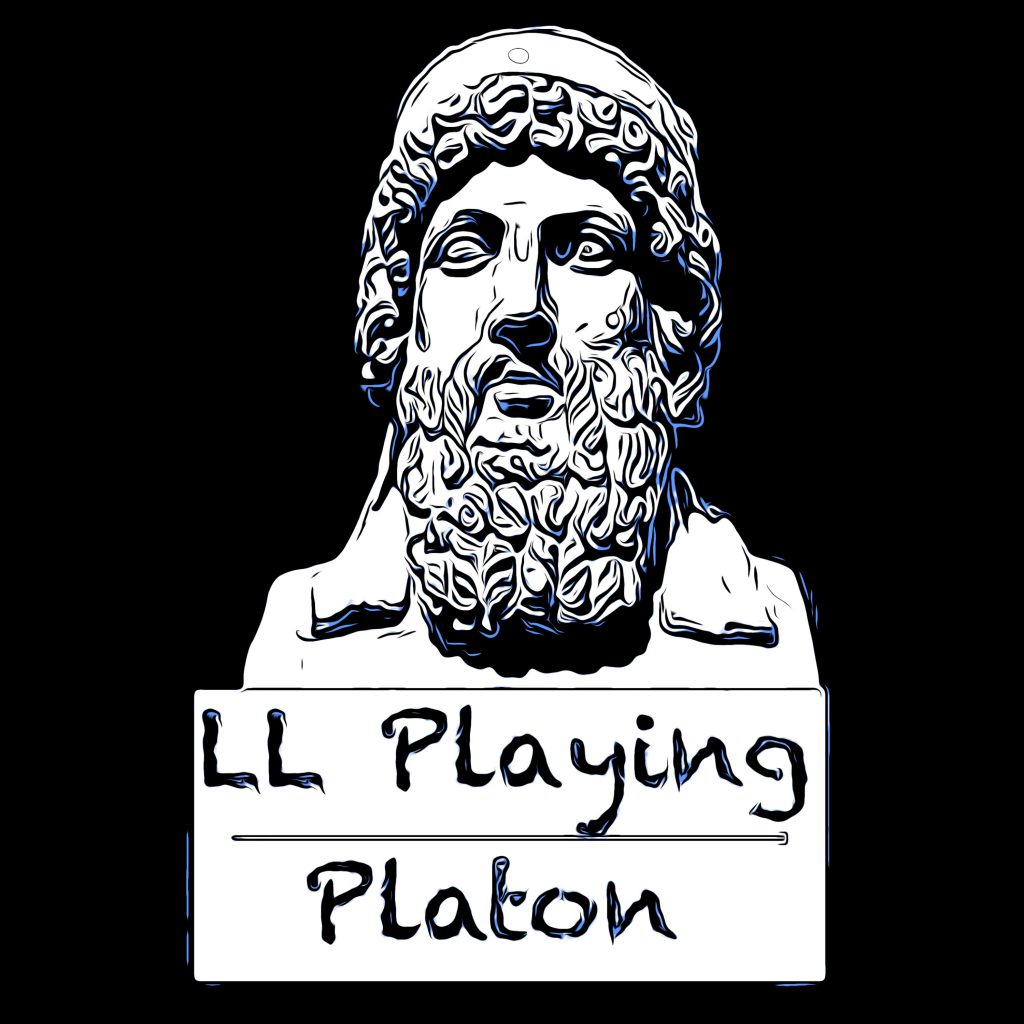Through his mother, Plato was related to Solon.
Plato’s mother was Perictione, whose family boasted of a relationship with the famous Athenian lawmaker and lyric poet Solon, one of the seven sages, who repealed the laws of Draco (except for the death penalty for homicide).[10] Perictione was sister of Charmides and niece of Critias, both prominent figures of the Thirty Tyrants, known as the Thirty, the brief oligarchic regime (404–403 BC), which followed on the collapse of Athens at the end of the Peloponnesian War (431–404 BC).[11] According to some accounts, Ariston tried to force his attentions on Perictione, but failed in his purpose; then the god Apollo appeared to him in a vision, and as a result, Ariston left Perictione unmolested.[12]
The exact time and place of Plato’s birth are unknown. Based on ancient sources, most modern scholars believe that he was born in Athens or Aegina[c] between 429 and 423 BC, not long after the start of the Peloponnesian War.[d] The traditional date of Plato’s birth during the 87th or 88th Olympiad, 428 or 427 BC, is based on a dubious interpretation of Diogenes Laërtius, who says, „When [Socrates] was gone, [Plato] joined Cratylus the Heracleitean and Hermogenes, who philosophized in the manner of Parmenides. Then, at twenty-eight, Hermodorus says, [Plato] went to Euclides in Megara.“ However, as Debra Nails argues, the text does not state that Plato left for Megara immediately after joining Cratylus and Hermogenes.[22] In his Seventh Letter, Plato notes that his coming of age coincided with the taking of power by the Thirty, remarking, „But a youth under the age of twenty made himself a laughingstock if he attempted to enter the political arena.“ Thus, Nails dates Plato’s birth to 424/423.[23]
According to Neanthes, Plato was six years younger than Isocrates, and therefore was born the same year the prominent Athenian statesman Pericles died (429 BC).[24] Jonathan Barnes regards 428 BC as the year of Plato’s birth.[20][21] The grammarian Apollodorus of Athens in his Chronicles argues that Plato was born in the 88th Olympiad.[17] Both the Suda and Sir Thomas Browne also claimed he was born during the 88th Olympiad.[16][25] Another legend related that, when Plato was an infant, bees settled on his lips while he was sleeping: an augury of the sweetness of style in which he would discourse about philosophy.[26]
